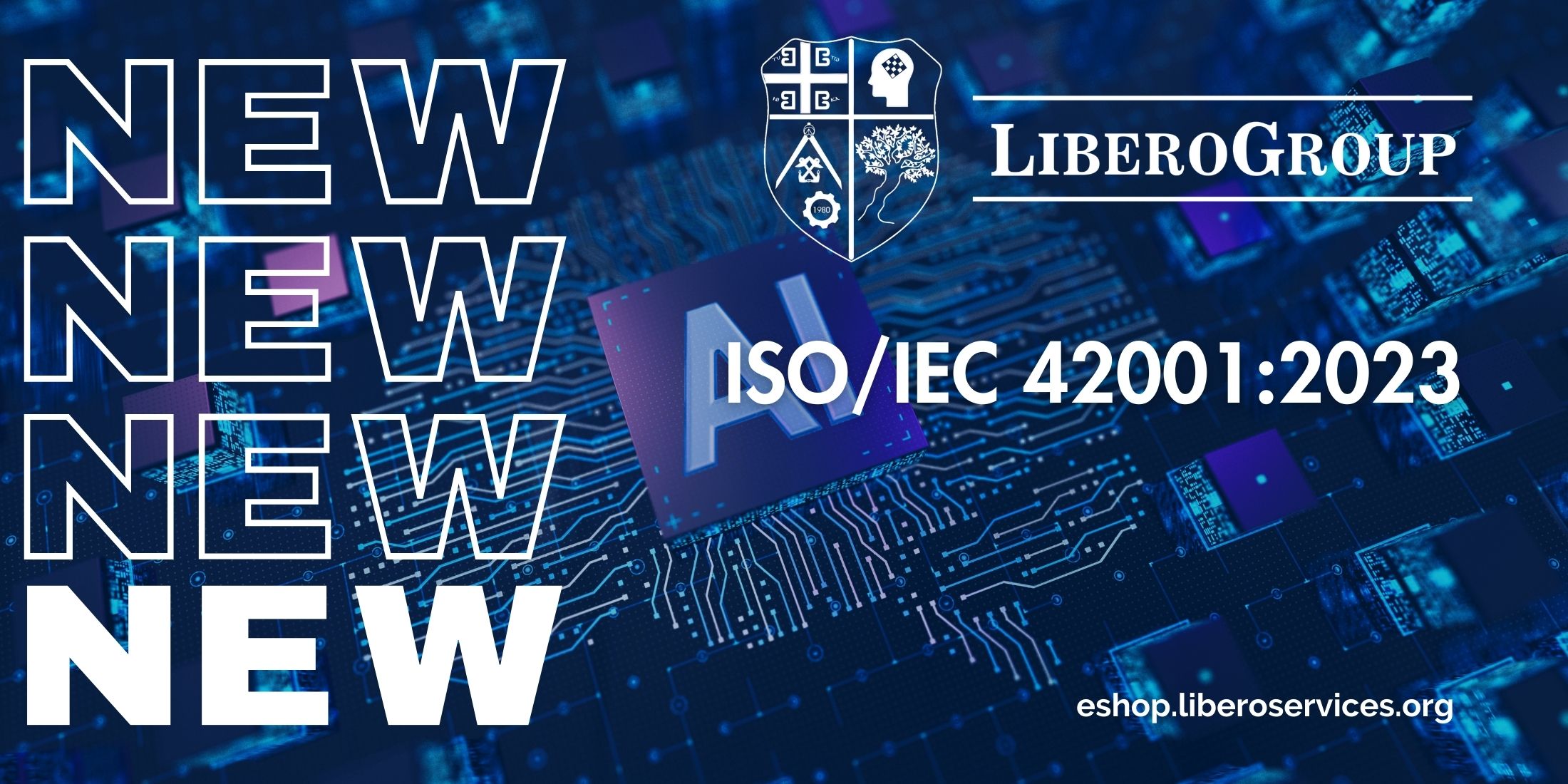The use of anti-fouling systems to prevent the build-up and spread of harmful organisms on the surface of ships is of critical importance to a vessel’s performance, marine environmental protection, and commerce efficiency.
Achieve the necessary skills to effectively control and handle Anti-fouling systems through our Antifouling systems on ships & IAFS Convention seminar.
This course provides participants an in-depth understanding of the AFS Convention, the relevant systems used and their benefits.

